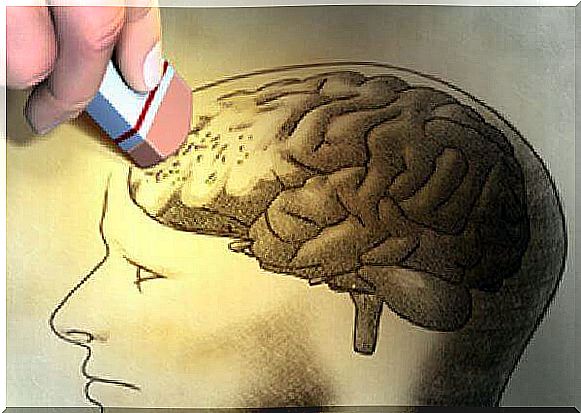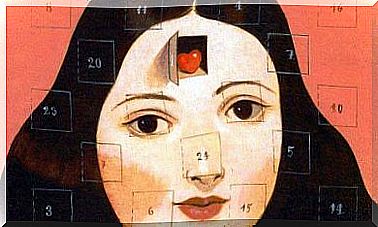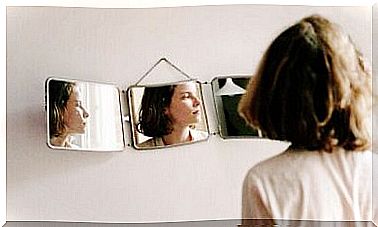How Does Sport Affect Our Brain?

Sport is beneficial for our health. It keeps us in shape, protects us from many diseases, improves our immune system etc. It is one of the best allies for a healthy life and for our body to function better.
The brain is one of the great benefactors of sport. To come to this conclusion, a lot of research has been carried out, research which confirms this hypothesis. In addition, other investigations have looked in more detail on the link between the brain and sport.
In this article, we will list some of the studies that found the positive influence of exercise on different cognitive processes in their results .
1. Regular aerobic exercise to improve attention
A group of researchers from the University of Granada, led by Luque-Casado compared two groups of young adults, some in good physical condition and others with a sedentary lifestyle, while performing a task. 60-minute cognitive psychomotor monitoring.
They recorded the electro-physiological activity of the participants and observed that those who were in good physical condition had a greater amplitude in the P300 potential, which is associated with the ability to focus attention throughout the task. in question, that sedentary participants.
Attention is a very high cognitive function and is linked to all cognitive processes. The findings claim that subjects who exercise exhibit more efficient bi-directional functioning between the central and autonomic nervous system, that is, between the brain and the heart.
2. To regain good cognitive function after a stroke
A systematic review published in the Spanish Journal of Neurology investigated the link between physical exercise and the recovery of damaged cognitive functions following a stroke. Strength / resistance training would further improve cognitive function in general.
Physical activity is a promising therapy for the recovery of people who have suffered a stroke, not only in motor functions, as one would expect, but also cognitively.
3. As a preventive tool against dementia

Franco-Martínez carried out another systemic check, focused on the influence of physical activity on cognitive function in elderly subjects, whether they are in good health or suffer from cognitive deterioration. These studies indicated that a higher index of physical activity led to less deterioration in both groups.
Physical exercise is a promising psychosocial strategy for older people with and without signs of cognitive deterioration. These results were published in the scientific journal BMC Psychiatry. Researchers say that maintaining an active lifestyle can be a protective factor against cognitive deterioration and that in some cases, it allows better results of a concrete intervention.
This finding suggests that having an active lifestyle can change training wills regarding the dosage and variety of activities as well as the intrinsic motivation and pleasure experienced during exercise. Exercise influences cognitive function, vascular health, and brain metabolism.
4. Migraines and tension headaches can be combated through sport.
A study published by Gil-Martínez in the Journal of Neurology performed a systemic audit of all studies that looked at migraines and headaches, using increased physical activity as a prism. This study showed that therapeutic exercise reduced the intensity and frequency of pain compared to the previous situation.
Qualitative analysis shows a strong correlation between the absence of adverse events following therapeutic exercises. And the lack of side effects can have significant advantages over drugs that can be harmful.
In addition, the effectiveness of physiotherapy treatment has been demonstrated; the latter includes therapeutic exercise, to decrease the intensity, frequency and duration of pain during tension headache.
5. Sport helps us memorize better
In the Donders Institute of the Medical Center of the University of Radboud in the Netherlands, a study which aimed to better understand the effects of sport on the memorization of certain information was carried out. For this, 72 subjects participated. They studied 90 drawings for 40 minutes, and were then assigned to one of three groups.
In the first group, subjects exercised immediately after completing the memory exercise. In the second group, they played sports 4 hours later and in the third, they did not do any at all. 48 hours later, the subjects retested to see which remembered the memory exercise best, while they were given a magnetic resonance test.

The results showed that the subjects of the group who had done sports 4 hours after doing the memory exercise retained information better than those in the other two groups. Magnetic resonances also showed more accurate representations in the hippocampus, the area of the brain related to learning and memory, each time the subject responded correctly.








